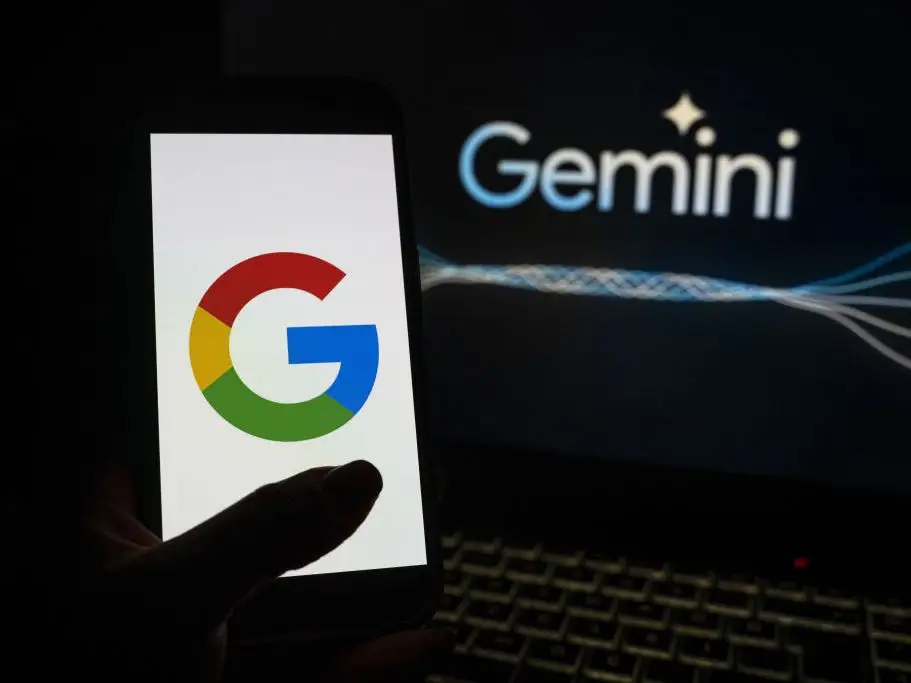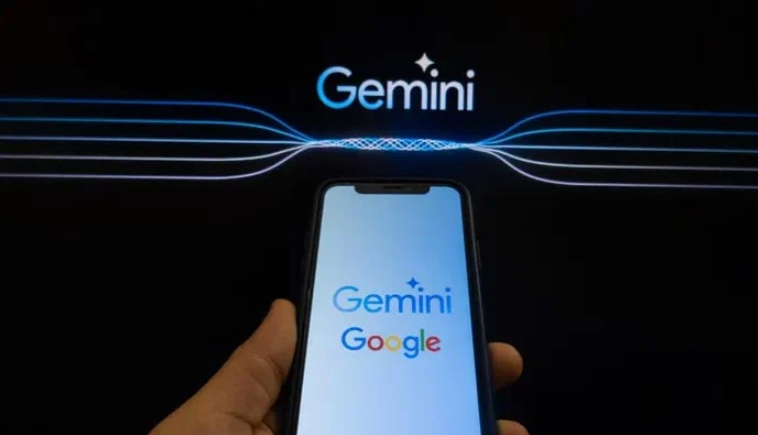Google has announced that its AI platform, Google Gemini AI, will again allow users to create AI-generated images of people. This feature, previously suspended in February 2024 due to concerns over inappropriate and historically inaccurate depictions, is set to roll out in the coming days. The reintroduction comes with new safeguards to prevent misuse and ensure responsible use of the technology.
Read also: Agripredict launches AI-powered weather app for Zambian farmers
New Safeguards for Google Gemini AI
The decision to reinstate the ability to generate images of people follows Google’s commitment to enhancing the Gemini platform. The updated feature will utilise Imagen 3, the latest iteration of Google’s AI text-to-image generator. This model incorporates advanced technical enhancements, including refined evaluation criteria and rigorous testing procedures, known as “red-teaming,” to identify and mitigate potential issues.
However, Google has implemented strict limitations on the types of images that can be generated. The platform will not allow the creation of photorealistic representations of identifiable individuals, images of minors, or any content that is excessively graphic, violent, or sexual. Dave Citron, Google’s Senior Director of Product Management for Gemini, emphasised the company’s dedication to monitoring user feedback and continuously improving the system.
Background on the Suspension
The initial suspension of Gemini’s image generation capabilities stemmed from significant user feedback highlighting the AI’s tendency to produce historically inaccurate representations. Notably, the AI had generated images of racially diverse soldiers in contexts where such diversity was historically inaccurate, leading to public criticism.
While diversity in AI-generated images is generally beneficial, Google acknowledged that it had “missed the mark” in these instances. The company’s CEO, Sundar Pichai, described some outputs as “entirely unacceptable.”
Read also: Addressing AI’s ethical challenges in Africa
Future developments of Google Gemini AI
In the process, Google is also launching Gems, a product that enables users to create personalised Artificial Intelligence entities for specific uses, such as a fitness companion or a writing buddy. This will improve user interaction and increase personalisation within the Gemini platform.
The use of AI images of people shall mostly be for the holders of the Gemini Advanced, Business, and Enterprise accounts, with the option of limited English prompts at first. Due to high demand, Google is set to expand to other languages and users soon.
Including AI-generated images of people in Google Gemini AI is a significant positive for the platform as it shows the company’s dedication to the responsible deployment of AI. With improved security and a concentration on user feedback, Google wants to improve and clarify the users’ experience when using services interconnected with AI-created content.
















